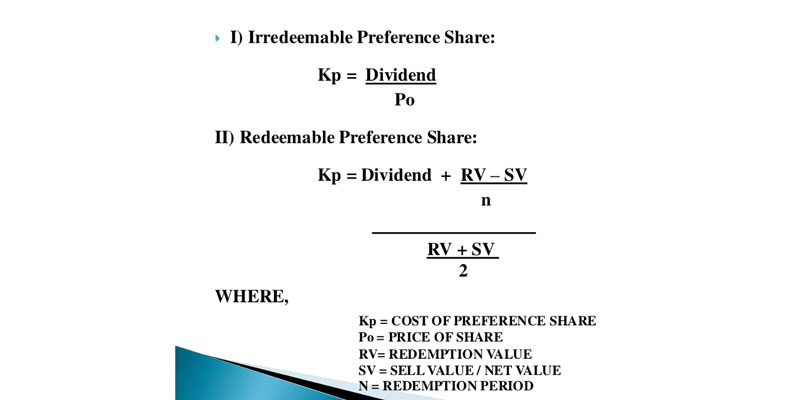It's like a runner's high when your house buying bid is approved. The property is yours, but don't break out the bubbly just yet. After your purchase offer is accepted and before you obtain the keys, known as escrow, there are a number of hurdles to clear. The acquisition may fall through if you trip over these stumbling blocks. You may prepare for the final stages of house buying like an athlete would before a race.
Is There a Way to Get Out of Buying a House?

Most real estate contracts describe the circumstances under which a buyer or seller can walk away from an agreement without incurring a financial penalty. You may lose your deposit or earnest money if you terminate a contract because you no longer wish to buy the residence. Consider the contingency clauses in your housing agreement before deciding to cancel.
My Closing Has Been Delayed: Why?

There are various reasons why a house sale might be delayed, including a lower-than-expected appraisal, issues discovered during an inspection, or a difficulty with your bank financing.
Damage from termites
The residence will be inspected for pests by the lender. Insects that eat wood, such as termites and carpenter ants, can damage your home significantly. Thus this inspection is done at your expense. This examination safeguards the lender's interest in the property. Homeowners who find termite infestations after moving in frequently leave the property, leaving the lender to bear the cost of repairs. However, a termite inspection may be in your best interest, even if it isn't required by the lender you're working with.
The Appraisal Is Too Low
An appraisal is a third-party evaluation of a piece of real estate's value. They are commonly done for tax considerations to get finance or sell a house. A property's worth is determined using a variety of approaches, including the current market value of comparable properties. You can expect the bank to evaluate the property. Please be aware that this is yet another charge on your credit card.
This evaluation is carried out to safeguard the lender's interest in the property. Foreclosure costs the bank money, so it wants to ensure the house is worth at least what you'll be paying. Sellers may be forced to drop their asking price if the appraisal is too low, or you may be required to make up the difference out of pocket.
The Title Has Clouds in It
Protection from future claims to the property is ensured with title insurance. There must be a resolution to a lien or claim on the property before the sale may go through. For a real estate deal to proceed, the title must be clear. Forgery, fraud, and liens or judgments against the property are all covered by title insurance. During the escrow procedure, a title firm must do a title search and offer title insurance.
A Home Inspection Identifies Defects
A house inspection contingency is commonly included in purchase agreements. The buyer cannot walk away when a property inspection shows significant flaws. Doing so protects the earnest money you decide not to buy the property after the inspection because you did not include this contingency in your contract. Earnest money is the money you put down as a down payment to demonstrate your interest in and commitment to purchasing a house. Negotiating with the seller to have the property fixed might delay your closing if you decide to go through with it.
One Party Gets Cold Feet
If a buyer or seller does not reach a deadline or waive a contingency in the contract, they can walk away from the deal without being penalized. There are several things to keep in mind while waiving all of your preconditions before making a purchase. If you do that, you'll lose your initial investment in the project. The seller's financial implications are to blame for such loss. The earnest money compensates the seller for the time the house is off the market. The longer it takes for them to sell, the more time it takes them to make money.
Financing Falls Through
The most competent buyers avoid making offers on properties without pre-approval. Obtaining a formal loan promise from a bank that states that it will issue a mortgage to the amount requested is what this term refers to. Savvy sellers, on the other hand, won't accept bids from buyers who haven't been prequalified. Sellers need to understand the difference between prequalified and pre-approved status.
It's possible that the loan will not close for many reasons. There is a chance that you may have laid on the application, interest rates may rise, your work status may change, or your credit score may fall. Consult with your lender to learn how to avoid such issues.




